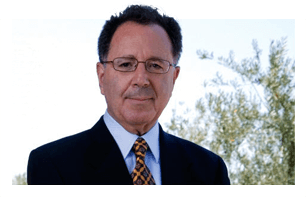Eyewitness testimony has long been viewed as one of the most solid forms of evidence by law enforcement officers, judges and juries in Orange County and throughout the United States. However, research has shown that this is not necessarily the case. According to Science Magazine, eyewitness testimony was a contributing factor in approximately 75 percent of wrongful rape and murder convictions. There are many factors that may affect the accuracy of eyewitness identifications and statements.
Defining characteristics and features
Witnesses often base their identifications on a suspect’s defining characteristics or features. However, people may mask their actual appearance using glasses, a wig, hair dye, a hat or other disguises. Further, witness identifications may be affected by other visual features. For example, racial disparities between a witness and a suspect may contribute to eyewitness inaccuracies. When witnesses misidentify suspects as a result of these types of factors, it can result in people being convicted of crimes they did not commit.
Anxiety and stress
For most people, witnessing a crime is a stressful and upsetting experience. Sometimes, the anxiety witnesses experience due to such events may affect their perceptions of what and whom they saw. This may result in eyewitness inaccuracies, which lead to wrongful convictions.
The anxiety and stress of witnessing a crime, as well as the resulting potential for eyewitness misidentifications, may increase when a weapon is involved. Witnesses in such situations tend to focus on the weapon instead of on the suspect. As a result, they may miss important details that could help them accurately recall the event and identify the suspect.
Lineup problems
In order to identify a suspect, law enforcement officers often ask witnesses to pick people out of a physical or photographic lineup. However, such lineups may be compromised if law enforcement does not adhere to appropriate procedures. For example, officers may unintentionally signal to a witness whom he or she should pick if they know who the suspect is. Additionally, a photograph with different lighting or of a different size may stand out to a witness and skew the identification process.
Recalling memories
According to Scientific American, human memories are not replayed in people’s minds when they are recalled as many people believe. Psychologists have determined that people reconstruct memories as they are recalled. Consequently, outside information may be combined with people’s memories without their knowledge. For instance, a lawyer may provide information to a witness during questioning. This may lead to eyewitness inaccuracies as that information may affect how the witness recalls what he or she saw.
Obtaining legal counsel
To a person accused of a crime, allegations that include eyewitness identification may seem insurmountable. However, a qualified attorney can question the accuracy of witness statements and identifications. It then would benefit those who are facing criminal charges to obtain legal representation. An experienced lawyer may help ensure that their rights are upheld and assist them in presenting a strong defense.




